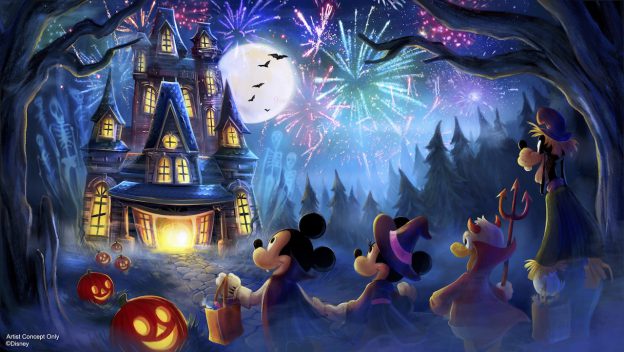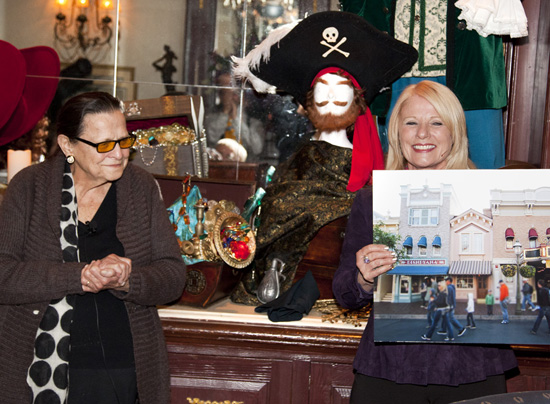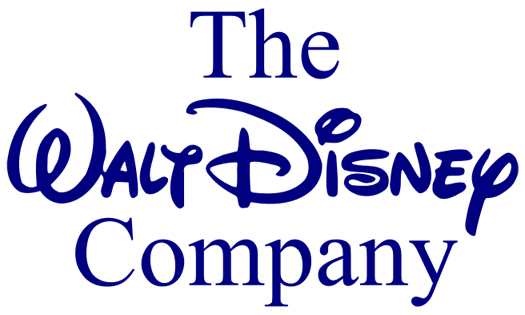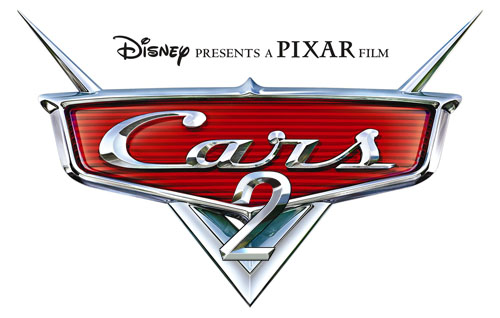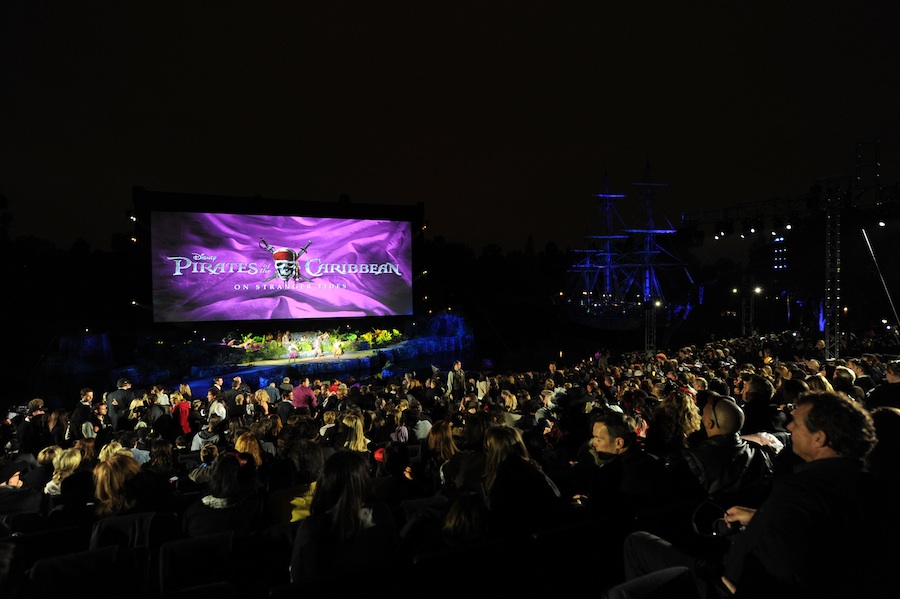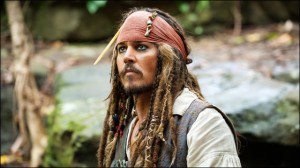 Royce Matthew, a Florida-based author, recently filed a copyright infringement lawsuit against The Walt Disney Company alleging that the company took and used his work and ideas in the Pirates of the Caribbean film franchise.
Royce Matthew, a Florida-based author, recently filed a copyright infringement lawsuit against The Walt Disney Company alleging that the company took and used his work and ideas in the Pirates of the Caribbean film franchise.
This is the second time Matthew has sued Disney with regard to the Pirates film series.
Matthew first filed a lawsuit against Disney in 2005 after he viewed the first Pirates of the Caribbean film. During the discovery process of that lawsuit he reportedly provided evidence that his work – the low-budget film Supernatural Pirates – was taken by Disney and used in certain aspects of Pirates.
During the same discovery, Disney argued that Pirates of the Caribbean was “independently created,” and showed some of artist Marc Davis’ “never-before published” artwork. Disney also published a book about how they turned a theme park attraction into a hit movie. The book features some of Davis’ artwork.
The case never went to trial; instead Matthew signed a release and backed away from his claims.
Fast forward to 2013 and Matthew is now alleging that Disney “used false and fraudulent evidence to procure a settlement.” The new lawsuit claims that the book Disney published about the ride-turned-into-a-movie shows Davis’ work but that it is now attributed to another artist, Collin Campbell. Matthew argues this is evidence that Disney had created an illusion that elements of the film were independently created.
One of the creative elements at issue involves the pirates turning into living skeletons under the moonlight, which Matthew claims Disney stole from him. In order to prove his claim, Matthew will need to show that his work was protectable work and not just an idea and that Disney created something substantially similar to his work when they created the pirates turning into living skeletons under the moonlight in Pirates.
There’s also the issue of the statute of limitations and the question of whether or not this new claim by Matthew is precluded by the release his signed in 2007.
Matthew’s attorney states in the new filing that the 2007 release was “fraudulently procured” and therefore should be rescinded. However, if it isn’t “then the Plaintiff still retains, and the Plaintiff is entitled to enforce, his independently viable copyright infringement claims against the Defendants based upon the conduct taking place after May-June 2007.”
The lawsuit also names Jerry Bruckheimer, Buena Vista, and others. Disney has not commented.



